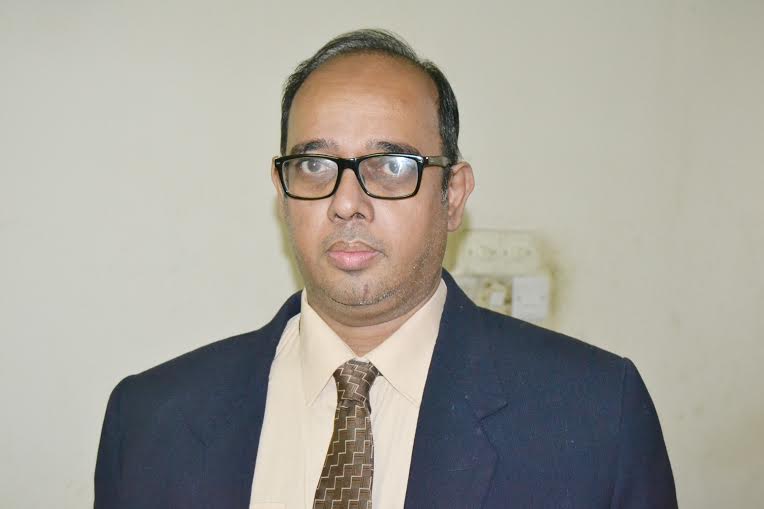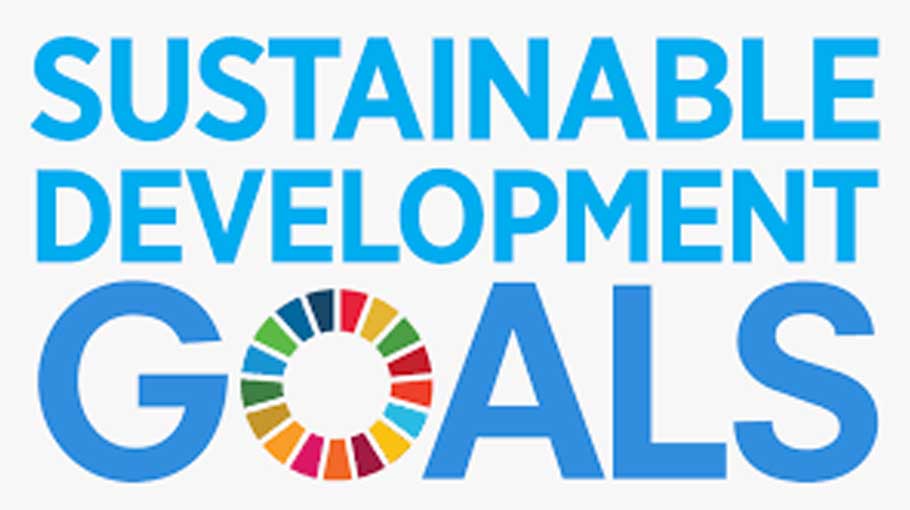SDGs and local-level planning

The Sustainable Development Goals (SDGs) seek to mobilise global efforts around a common set of goals. The SDGs were adopted by all United Nations Member States in 2015 to end poverty, reduce inequality and build more peaceful, prosperous societies by 2030. Bangladesh is a densely populated country with a total population of 166.30 million (in 2021) which covers 2.13 per cent of the total world population. The SDGs call for worldwide action among governments, business and civil society to end poverty and create a life of dignity and opportunity for all. Prime Minister Sheikh Hasina recently said that no country can achieve the SDGs alone. She is of the view that Bangladesh needs strong global support to achieve the SDGs. She is right as without integrated efforts, it will be very difficult for the nations to achieve the SDGs within the stipulated timeframe. Recently the Secretary-General of United Nations appreciated Bangladesh’s leadership in achieving SDGs and support to multilateralism. Led by development economist Jeffery Sachs, the UN sponsored Sustainable Development Solutions Network (SDSN) seeks to mobilise global scientific and technological expertise to promote practical solutions for sustainable development. Prime Minister Sheikh Hasina was conferred with SDG Progress Award for Bangladesh’s steady progress in achieving the SDGs by the UN-sponsored SDSN during her recent visit to the United Nations. Development economist Jeffery Sachs praised Prime Minister Sheikh Hasina's efforts in spearheading the SDG campaign even during the Covid-19 pandemic.
The 17 SDGs are explained below:
Goal 1: End poverty in all its forms everywhere
Goal 2: End hunger, achieve food security and improve nutrition and promote sustainable agriculture.
Goal 3: Ensure healthy lives and promote well-being for all at all ages
Goal 4: Ensure inclusive and equitable quality education and promote lifelong learning opportunities for all.
Goal 5: Achieve gender equality and empower all women and girls
Goal 6: Ensure availability and sustainable management of water and sanitation for all
Goal 7: Ensure access to affordable, reliable, sustainable and modern energy for all
Goal 8: Promote sustained, inclusive and sustainable economic growth, full and productive employment and decent work for all
Goal 9: Build resilient infrastructure, promote inclusive and sustainable industrialization and foster innovation
Goal 10: Reduce inequality within and among countries
Goal 11: Make cities and human settlements inclusive, safe, resilient and sustainable
Goal 12: Ensure sustainable consumption and production patterns
Goal 13: Take urgent action to combat climate change and its impacts
Goal 14: Conserve and sustainably use the oceans, seas and marine resources for sustainable development
Goal 15: Protect, restore and promote sustainable use of terrestrial ecosystems, sustainably manage forests, combat desertification, and halt and reverse land degradation and halt biodiversity loss
Goal 16: Promote peaceful and inclusive societies for sustainable development, provide access to justice for all and build effective, accountable and inclusive institutions at all levels
Goal 17: Strengthen the means of implementation and revitalize the global partnership for sustainable development.
Bangladesh has not been able to attain all the 169 targets of the SDGs because of fund shortage though the government was trying to implement at least two targets of each goal before the onslaught of Covid-19. But now the government is trying its best to implement some targets of SDGs within the constraint of the funds. A lion's share of the fund is now being used to purchase anti-Covid-19 vaccine from abroad to save the life of people. Munir (2019) argued that the main dispute of SDG carrying out is the suitable finance desirable for its implementation and predictable that to attain SDGs for all countries, additional global investments of $5 trillion to $7 trillion per annum up to 2030 will be necessary. General Economics Division (GED) (2019) argued that the 17 SDGs and its associated 169 targets are aimed at ending poverty, hunger and inequality; acting on climate change and the environment; improvement in access to health and education sector; caring for people and the planet; and building strong institutions and partnerships. Bangladesh is the pioneer in climate change-related adaptation and mitigation efforts, but yet to get fund from the donor agencies. Successful implementation is related to diversified organisational resilience of a country. Global resilience partnership (2021) described that resilience, the capacity to persist, adapt and transform in the face of change are fundamental prerequisites for sustainable development and achieving the SDGs. Integrated understanding and applicability on the SDGs and their targets should be properly fulfilled for organisational survival through the private-public and foreign collaborative efforts in Bangladesh. Zanten and Tulder (2020) depicted that transforming towards sustainable societies beyond Covid-19 requires that multinational enterprises and policymakers (better) apply these logics, and that they address operational challenges to overcome flaws in the present approach to the SDGs.
To implement SDGs in Bangladesh, local level-planning is very important. The country is progressing towards LDC graduation by 2026. Recently I visited my hometown Cumilla for several times due to my family matters. I met young and elderly people and found that they all are very unhappy with the incident occurred at Puja Mandaps and they said this is not the way for the local people to handle such worst incident. I talked with several people on different occasions in Cumilla. Present MP of Cumilla Sadar AKM Bahauddin, who is a freedom fighter, was not in country that time. If at that time had been in the country, the problem could have been solved very soon. According to local people, the current Mayor is from BNP and they need a good Mayor from Awami league for which most formidable candidate is Md Jamir who is the ward commissioner of Bagichagaon. They appealed to the Prime Minister for Ekushy Padak for Late Awami League President of Cumilla Advocate Ahmad Ali, a former MP. Father of the Nation Bangabandhu Sheikh Mujibur Rahman stayed twice in his house during the 1970’s election and also in 1973 when he gave speech in Avaiashram, Cumilla. I saw our great leader with my father Prof Mobasher Ali. Late Advocate Ahmad Ali was very much accustomed with our great leader Bangabandhu and worked until his death for the nation. It is pity that his son Advocate Nishat was supposed to be a district PP, but after being APP, he is no longer active though he actively worked for Bangabandhu and the incumbent government. Advocate Nishat may kindly be picked for district PP by the present government. Mural of Bangabandhu is going to be built by Advocate Nishat and his family which is a very good initiative. Another point is for ease of doing business, one criterion is related to land. Two months ago when I went to Cumilla Adarsha Sadar Bhumi office, at that time land AC was so bad that the person behaved like a Zamindar. But this time I am really surprised to see Mrs Moushumi, the new land AC who joined on October 28, 2021. She has efficiently changed the office decorum and made it pro-people and stopped harassment. Therefore, to attain SDGs, we need to follow and improve local-level improvements of the country. Whatever the name of the division of Cumilla, it needs to be declared as people are waiting for long time for it. Cumilla Victoria college needs to be turned into a virtual university which was first demanded by Prof Mobasher Ali in a programme of old Victorians where he attended as the chief guest. To achieve SDGs, the country needs both top-down approach and bottom-up approach with vertical and horizontal coordination. Energy is essential to all aspects of modern society. Dependable, maintainable and reasonable energy bases are important to all manufacturing, retail, residential, commercial, and service sectors.
Prof. Muhammad Mahboob Ali currently works as a Professor of Economics, Management, Entrepreneurship and IT at
Dhaka School of Economics



